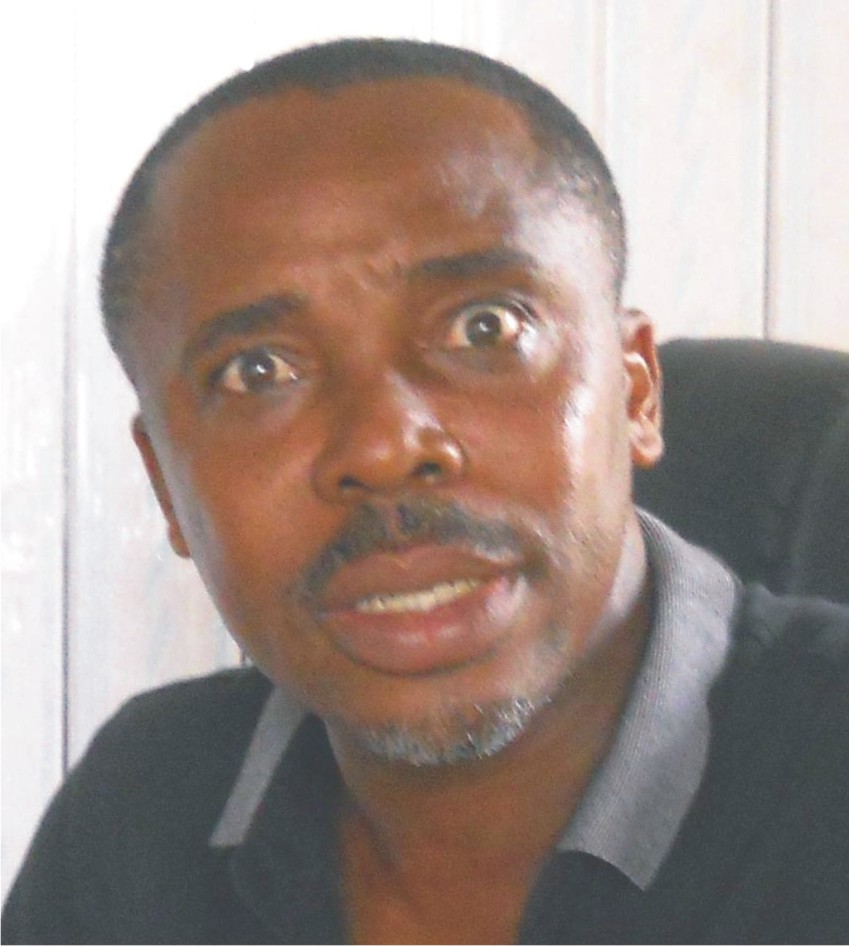The Supreme Court has further adjourned until September 14, 2023, hearing the suit filed by the detained leader of the Indigenous People of Biafra (IPOB), Nnamdi Kanu.
Kanu, who is being tried on terrorism-related charges by the Federal Government of Nigeria, had on November 3, 2022, approached the apex court, to challenge the decision of the appellate court, which on 28 October, 2022, stayed execution of its earlier order acquitting him of all charges and directing his release from the custody of the Department of State Services (DSS).
Lead Counsel for the group, Ifeanyi Ejiofor, in a statement, said “We have appealed to the Supreme Court, to set aside the ruling of the Court of Appeal, staying the execution of the court’s judgment discharging him, and placing a further bar to any further detention and prosecution of Nnamdi Kanu on any charge/indictment before any court in Nigeria.
“Recall that on October 28, 2022, a three-person panel of Learned Justices of the Court of Appeal (Abuja Judicial Division), granted an application for the stay of execution of the judgment of the Court of Appeal, pending the determination of the appeal filed before the Supreme Court by the Federal Government.
“After a thorough review of the said ruling by our defence team, eminently led by foremost leading Senior Advocate of Nigeria, Chief Mike Ozekhome (SAN), an informed decision was taken by the erudite Senior Advocate, and the entire team, that the said ruling, which has no foundation in law or facts, placed before the court, should be immediately appealed against, for it to be set aside by the Apex Court.
“Our well-informed position was given a final nod by our indefatigable client, Nnamdi Kanu, during my last visit to him.
“We, therefore, by this medium, inform the general public, and Umuchineke in particular, that we have filed an appeal against the said ruling of the Court of Appeal delivered on October 28, 2022, and will proactively follow up on the administrative process to ensure that both appeals are given accelerated hearings in line with the extant fast-track rules of the Supreme Court.”









